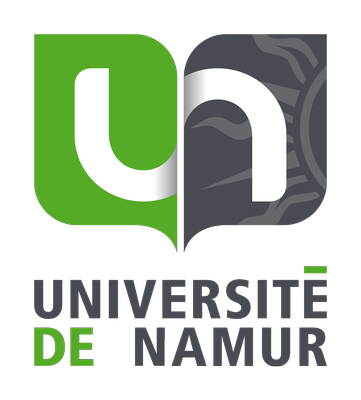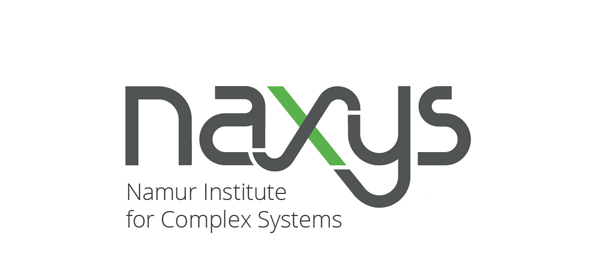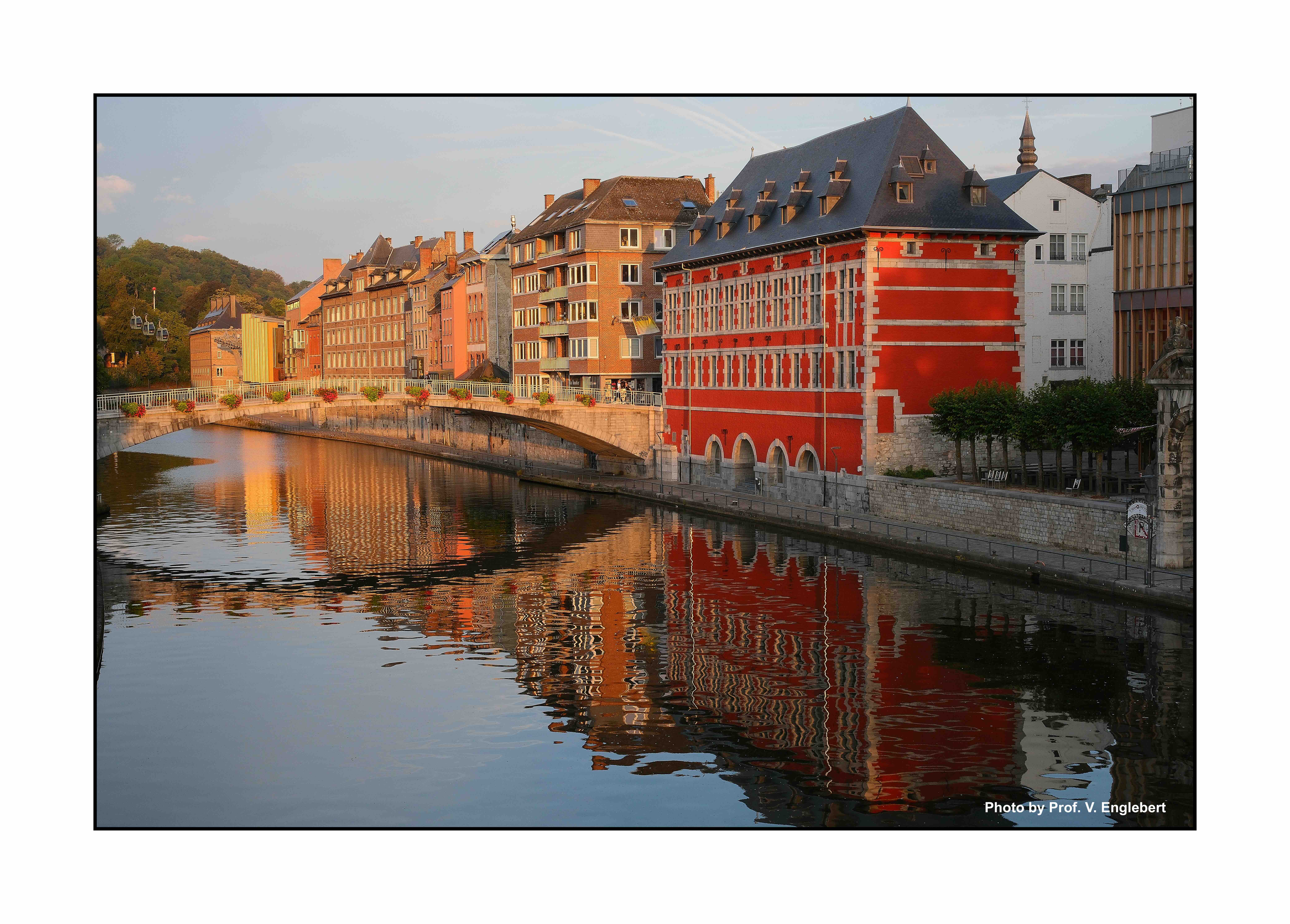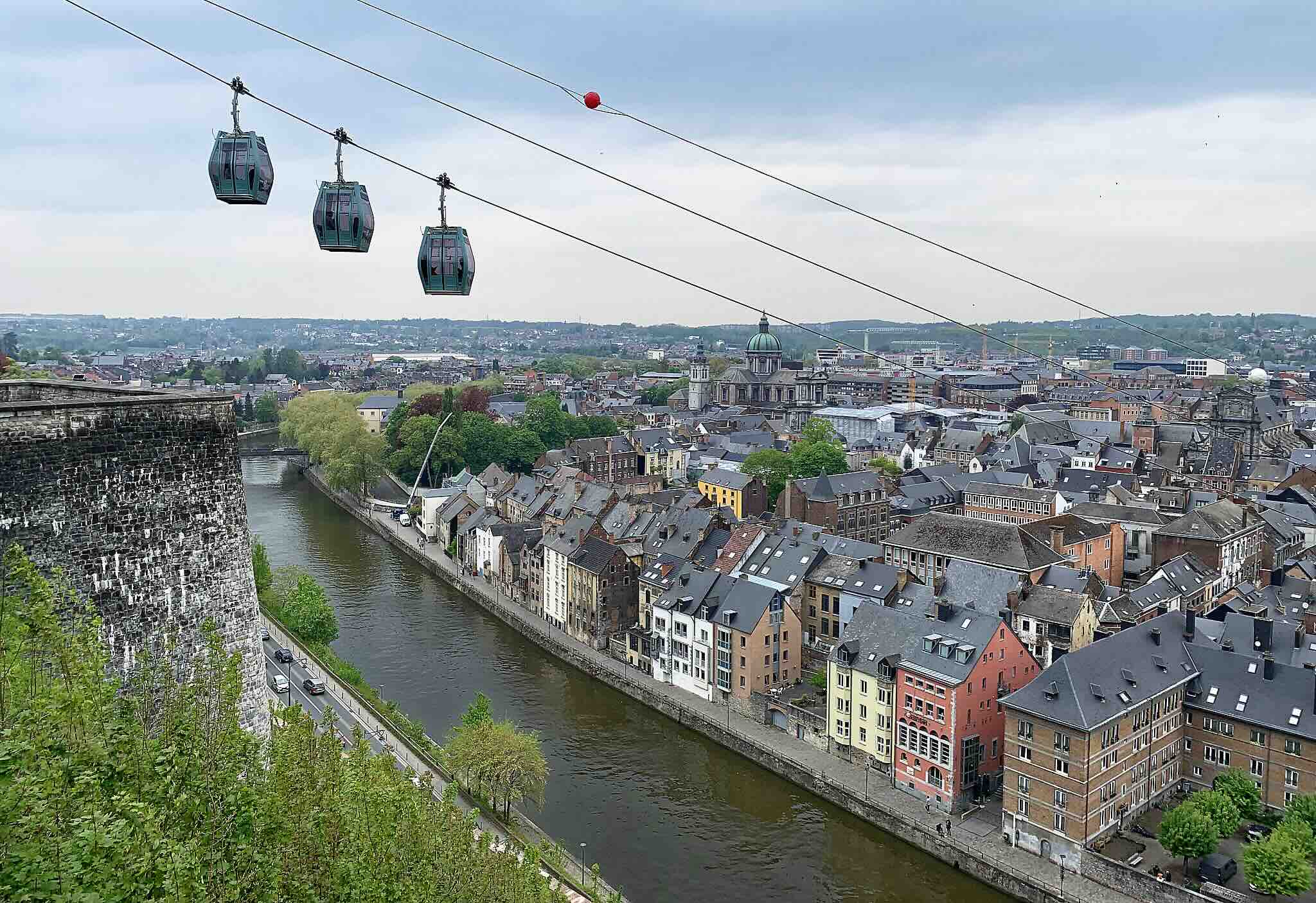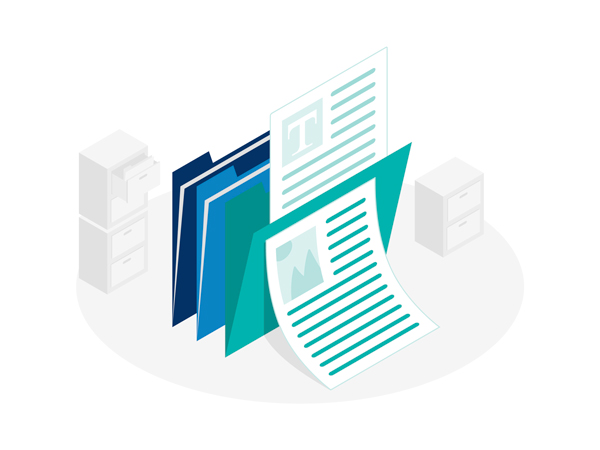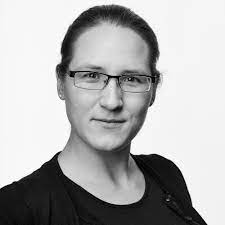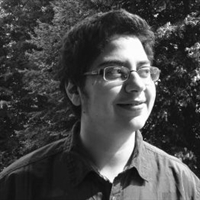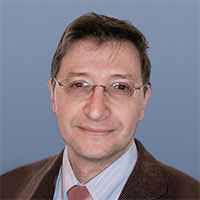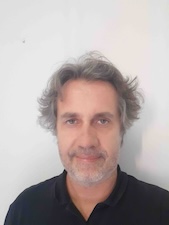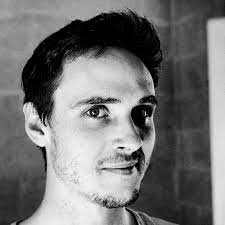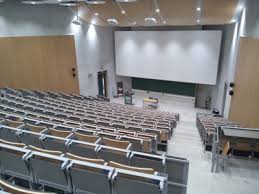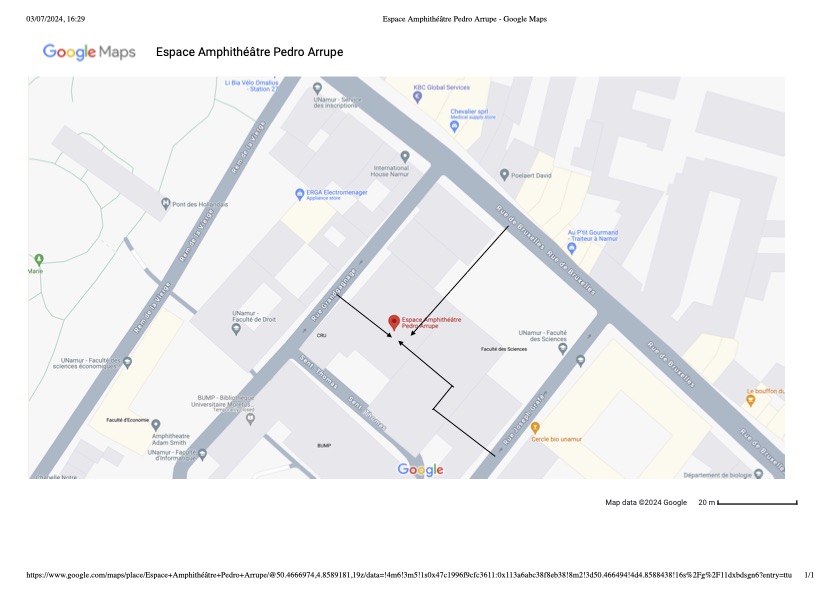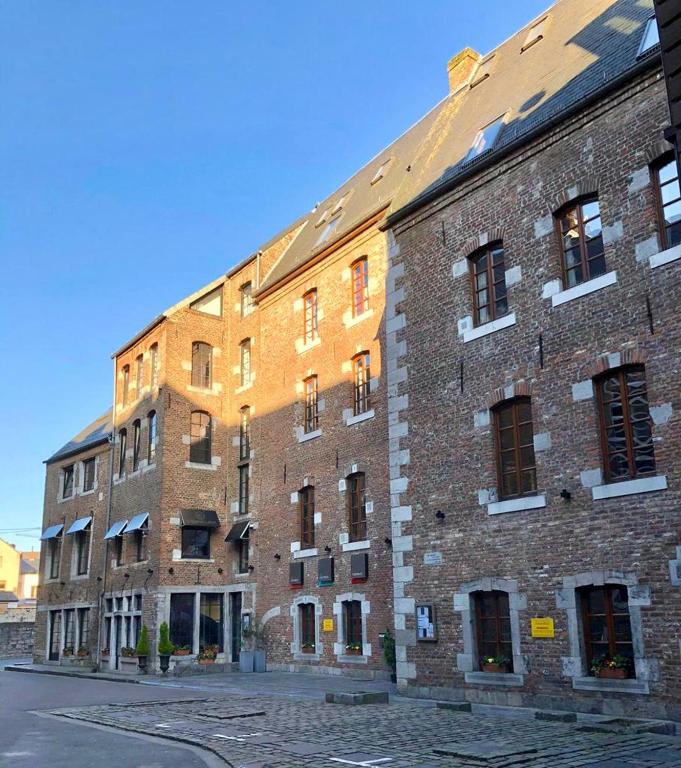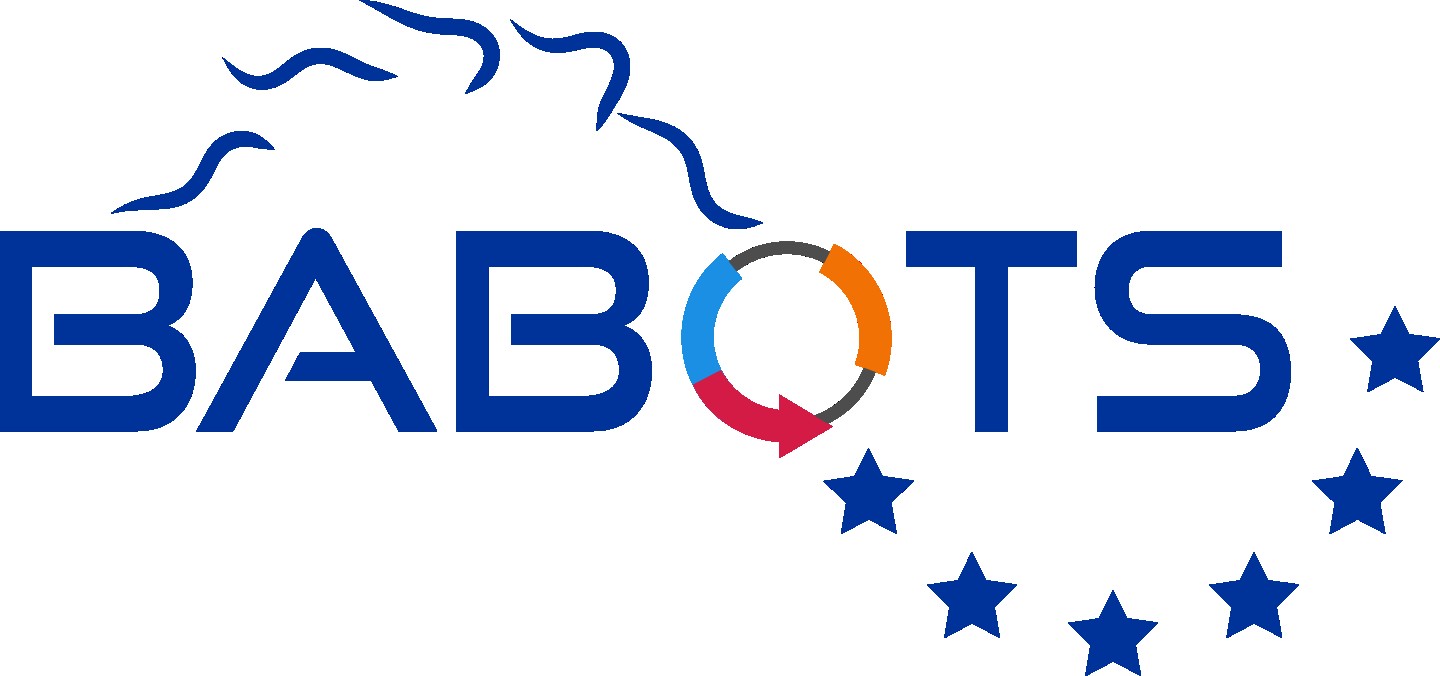WIVACE 2024
XVIII International Workshop on Artificial Life and Evolutionary Computation
Namur, Belgium, 11-13 September 2024
The International Workshop on Artificial Life and Evolutionary Computation aims at bringing together researchers to present and share their results and ideas in a multidisciplinary context. The workshop provides a forum for the discussion of new research directions and applications in Artificial Life, Evolutionary Computation and in related fields, where different disciplines and research areas could effectively meet. It was first held in 2007 in Sampieri (Ragusa), as the incorporation of two separate workshops (WIVA and GSICE). After the success of the first edition, the workshop was organized in the following years in Venice (2008), Naples (2009), Parma (2012), Milan (2013), Vietri (2014), Bari (2015), Salerno (2016), Venice (2017), Parma (2018) and Rende (2019). After a covid-related gap year, it was organized in Winterthur, Switzerland (2021), Gaeta (2022), and Venice (2023).
The proceedings of WIVACE2024 are published by Springer in the Communications in Computer and Information Science (CCIS) series, which is abstracted/indexed in DBLP, Google Scholar, EI-Compendex, Mathematical Reviews, SCImago, Scopus.
For information, please contact wivace2024@unamur.be
